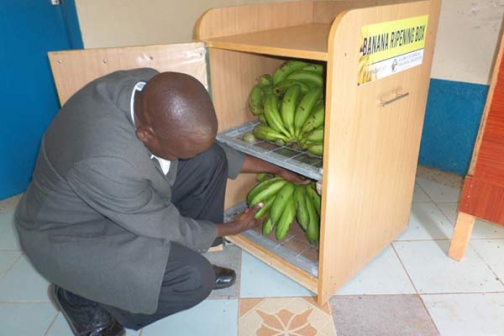
Consuming fruits is one of the best ways to stay healthy. Fruits are good for your health as they are loaded with vitamins and other nutrients essential for our growth and development. However, the health benefits of fruits are threatened by human greed.
A potentially harmful compound thought to have carcinogenic properties is being used to ripen fruits by corrupt business men and shady market traders looking to make a quick buck.
With the development of booming fruit trade, the fruits are ripened at destination markets before retailing hence artificial ripening has become essential.